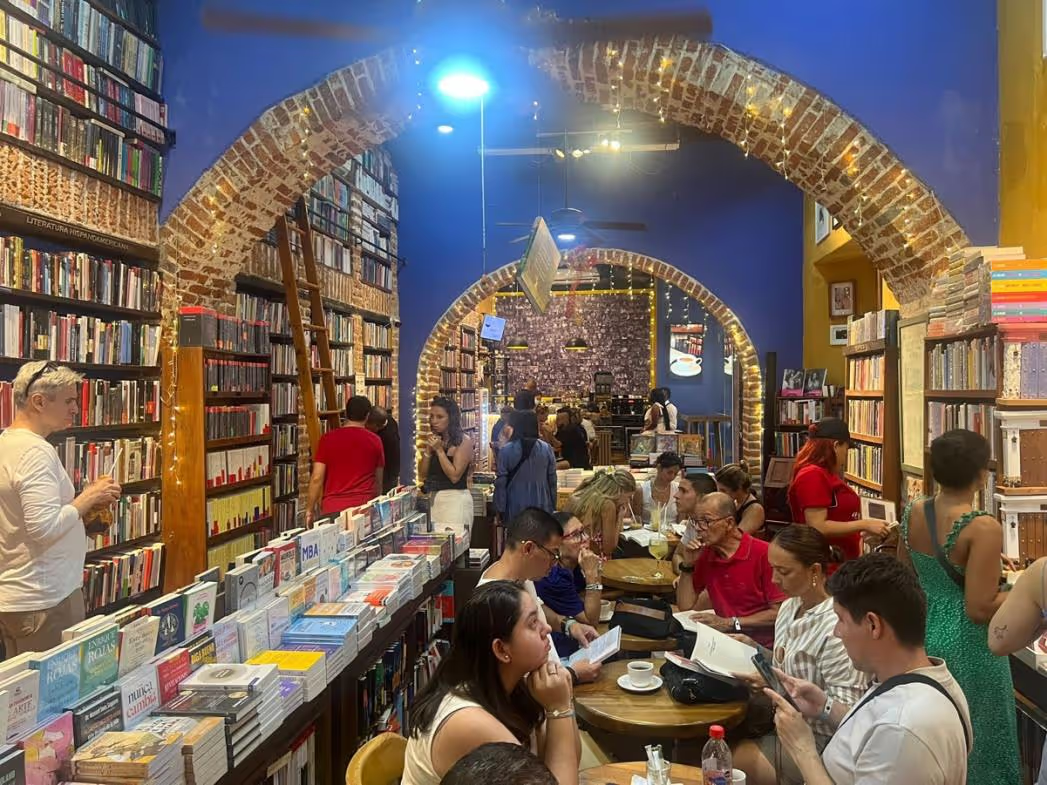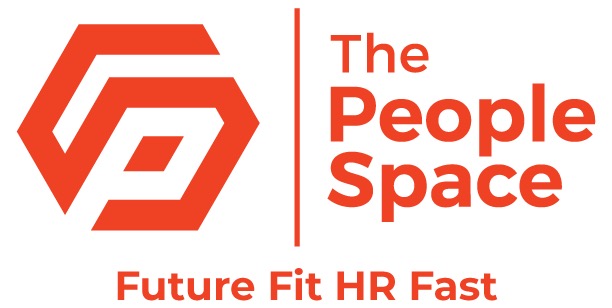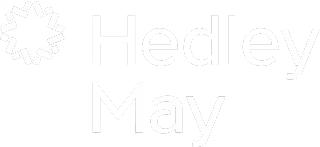Blue Monday - Why does it resonate?
Drs Schuster & Oxley
January 1, 2025
10 min
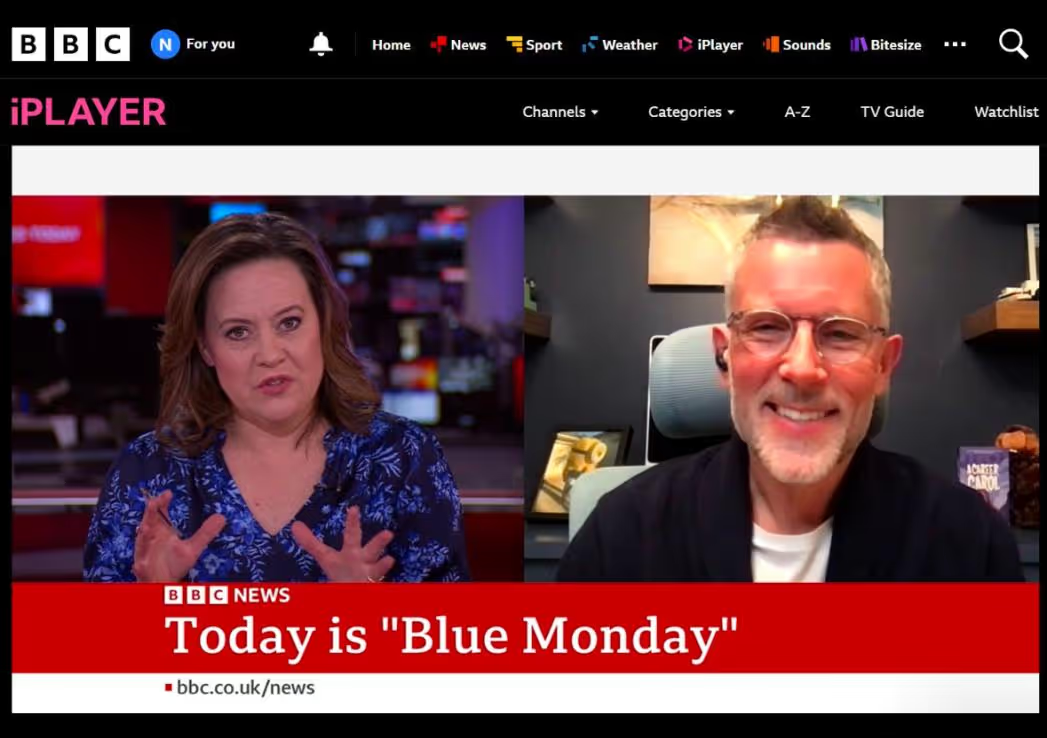
Yes, That’s the Less Talented Half
Yes, that’s the less talented half of the Drs. Schuster & Oxley writing collaboration talking to Sally Bundock of BBC News.
After navigating the obvious and understandable disappointment that Dr. Schuster was not appearing, we discussed Blue Monday, why it seems to resonate with people, and what we can do about it.
Myth or Reality – A Sky Travel Marketing Ploy
It is fascinating how Blue Monday has caught on. Admittedly, it seems to have missed the USA. But in the UK in particular, the idea that the 3rd Monday in January is the saddest day of the year seems to have traction.
When you look into the details, the history, you quickly find there is no substance to it.
In 2005, a UK travel agent, Sky Travel, was trying to find a clever way to sell holidays. They found Cliff Arnall, a psychologist ex of Cardiff University, who helped them draft a superficially impressive-looking formula:

(An aside on formulas… we are big fans. In fact, when you read A Groundhog Career you will see we too have an affection for meaningless formulas that look impressive but are actually nonsense.)
So, Cliff’s formula essentially said: Mondays are the saddest day of the week, January is the saddest month of the year, and the 3rd week of January is when most people have lost their religion on New Year resolutions. So, this is when they really need to spend some money on buying a summer vacation!
…But It’s Becoming an Urban Myth
You almost certainly read, heard, or saw something on Monday the 19th referring to Blue Monday. In many instances, there is no qualification, no caveat that it is really just… well… Monday. In many cases, it’s boldly advertised as “the saddest day of the year.”
Why is that?
While there are the superficial things—the cultural references and adages: Monday blues, Bangles’ Manic Mondays, Office Space—bad case of the Mondays. Most sick leaves start on Monday, and obviously the biggest market crash—Black Monday—happened on a Monday, October 19, 1987 (the largest percentage drop in Dow Jones history ever).
And that says nothing of the tradition of Dry Januarys. The lack of alcohol may be a significant factor.
Substance – Digging a Bit Deeper
We think the reason why Blue Monday resonates is that it pierces our normal stoic facades. We all go through our work routines for much of the year with our heads down, unquestioningly fighting for recognition, pay raises, promotions, and competing with those around us.
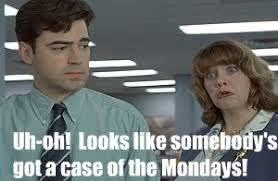
It’s a dog-eat-dog world. And we are programmed from a young age to understand: “you get what you deserve,” “work is something to take advantage of,” and the only way we measure success is by how much we make and how fast we do it.
Blue Monday forces us to ask ourselves:
- “Why?”
- “What’s this all for?”
- “Am I fulfilled?”
- “What else could I be doing with my life?”
And what if those prompts to self-examination and self-awareness don’t have great answers?
Not Seasonal Affective Disorder but Suffering Occupational Dystopia
We like the SOD acronym.
We accept the SAD premise—the idea that our outlook on life is impacted negatively by the shorter days in winter. But what if there is also an underlying issue with how we view work?
Unlike Blue Monday, we have some facts to back this up:
- Gallup’s annual survey shows 62% find no meaning in their work and a staggering 20% say it makes them miserable.
- CIPD in 2023 found as many as 90% of the UK workforce is “disengaged.”
- Pew Research in the USA found that we are roughly split 51% to 49% in terms of whether we see work as a necessary evil.
The concepts of Quiet Quitting and Boreout, along with the so-called Great Resignation of 2021 and 2022, are rooted in a deep and growing disillusionment with work.
Is There an Alternative?
In our interview, Sally Bundock asked the critical question:
“But doing work we don’t particularly enjoy—there is nothing unusual about that. Isn’t work simply a necessity, something that we shouldn’t have any expectations of other than providing us a fair wage?”
And this is the question, isn’t it?
What should we expect from work? Should we remain anchored in this institutionalized mindset—a legacy of the Protestant work ethic, of the labor movement, of progressive class struggles where the only currency of meaning is financial?
But what if you can have both?
Sally rather beautifully set up the premise for A Groundhog Career:
Are we destined to suffer at work forever? Is sacrifice a price we must pay?
There is evidence that some people (go back to the stats earlier) do find work fulfilling. They do find meaning. They are engaged.
When we set out to write our latest book, it was the goal of exploring why some people enjoy work. How it gives them meaning. Fuels them. Helps them retain vitality long into old age.
We had a suspicion it wasn’t about what we have dubbed the “bean bag and ping pong” efforts of companies—the idea that enjoyment at work can be facilitated by “fun” workplaces. But instead, it was about how we as individuals frame the work we do.
What Did We Find?
The reality is that Blue Mondays are a choice. The details are complicated, and human behavior is sometimes hard to change. However, the truth is as much as people often hate their careers, they also find comfort in the predictable, the passive and inactive, the “addictive quality of monthly paychecks.”
We may claim to want autonomy, but it scares us, and it’s easier to blame others than take responsibility for our own choices. Suffering elevated to a virtue, rather than selecting a joyful life.
What’s the SECRET to Breaking Free?
Breaking free is easy once we have made the conscious choice that freedom and self-determination is what we really want.
Most of us fear change—people have a high tolerance for accepting sh*t but little appreciation for the good stuff.
Breaking free has a few components. We are capable of them all. When you boil it all down, it’s about:
- Self-determination – pursuing a career on your own terms: make a choice to be conscious about what you are doing and why.
- Reversing the polarity of timeframe – microscope to telescope: balance the short-term necessities with being intentional about where (and who) you want to be in the long term.
- Adventure – open up to possibilities and experimentation… take some risk… do something new.
- Joy – everyone has an aspect of joy at work… amplify it.
- Purpose/Cause – ultimately, this is the tide that floats all boats… find your compelling answer to “what’s this all for?”
You can read more about the Drs. Schuster & Oxley BBC interview here. There is a link to the interview (viewable in the UK only).
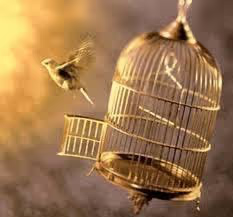
January Update
Lots of great coverage this last month as we continue to build up to the launch of A Groundhog Career.
We wrote a piece for The Sun talking about how to make 2025 really count. We often set out at the beginning of each year with intentions to make an impact or achieve something. Only about 20% make those goals stick.
We are big in Auckland! We mean that purely in terms of prompting discussion about what the ingredients are for joy through work. We wrote two pieces for the NZ Herald, the storied Kiwi newspaper, and created some buzz with lots of comments and discussion.
As you know, we remain constructive allies and supporters for Gen Z. We partnered with Entrepreneur Magazine to discuss what the rest of us can learn by looking at Gen Z’s approach to work.
We wrote complementary pieces with Startup Magazine and Training Journal on New Year’s resolutions. We made appeals to leaders to put substance before form. Just Get Sht Done* was the headline. Less posing, more action.
A shout out to our friend Sally Percy. We worked with her again to write an article for Forbes, again with the New Year resolution theme.
Finally, did we mention we were on the TV? Oh yes. It was nothing really. Just an interview with Sally Bundock on BBC News. Yeah, that BBC News. The one with a 15 million global audience. Yeah. It was nothing really. Happens all the time.
Sorry, hold on a second…
(Muffled voices… Look, I’m busy writing the newsletter. What… Sally Nugent? Yeah well, I’ll have to call you back. Hangs up phone. More phone ringing… Graham? Look I said I’d let you know. I understand Mr. Norton… but I want to pull the lever… that’s my condition for appearing.)
Sorry about that, people.


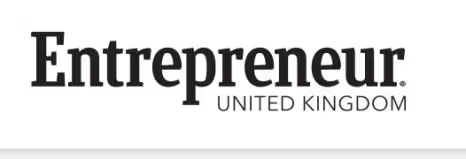
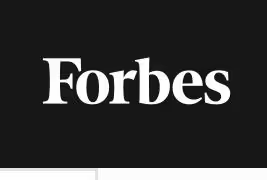


A Groundhog Career – The Second Book
A Groundhog Career—the second book in the award-winning Shey Sinope career and professional life advice series—will be launched on March 18th.
Regular readers of the newsletter will already have this date on their calendars. Alongside birthdays, anniversaries, and other major 2025 milestones. On March 18th you will get to read our second book. We say read because we hope you’ve already made arrangements to acquire a physical copy.
Special Digital Launch Offer
However… here is some important news for those of you who have been waiting for the digital version.
In partnership with PIP, our publishers, we’ve arranged to offer the digital version of the book on the day of launch for a special price of 99p/99c.
This represents an extraordinary 95% discount for a very limited time. On March 19th, the price will revert to £7.99/$9.99 respectively.
You can go to Amazon US, Amazon UK, or here to see the special discounted rate.
Book Launch Event
We are also excited to announce our book launch event.
On March 18th we will hold a special book launch event at the Century Club in London.
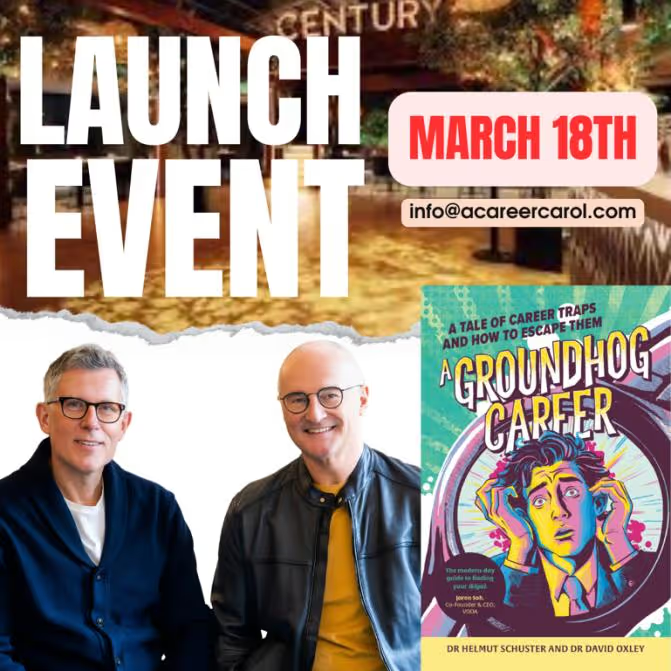
We have limited space for the event, but we would be delighted to try to accommodate any newsletter subscribers on a first-come, last-seat basis. If you’d like to attend the book launch event, please let us know by emailing us at:
The evening will include hearing from those who contributed to the book, a few words from the authors, and a special appearance by Shey Sinope himself.
We will share reflections and pictures from the evening here probably in March or April.
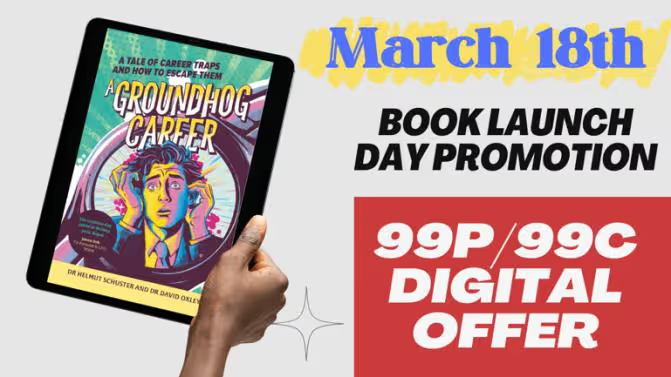
Writing – Art or Craft?
The Dr. Schuster Column
I’m writing this on Blue Monday, though for David and me, it feels more like a bright Yellow Monday. Our books are thriving, David’s inspiring BBC interview aired on U.S. Inauguration Day, and I’m still energized from a holiday season spent in Austria’s wintery chill and Colombia’s sunny beaches.
You might wonder if I found myself so idle in Colombia that I started contemplating this seemingly random column title question. Not quite!
During my journey—from Vienna to London, then Miami, and finally Baru—I browsed countless bookstores. From Vienna’s bustling high street to Heathrow and Miami airports, bookstores were buzzing with life. Young people lingered, admiring artistic covers, exchanging thoughts on creativity, and using the space for social contact. Meanwhile, luxury boutiques like Prada and Burberry stood eerily empty.
It made me wonder: have bookstores become the new café society, the modern hubs of creativity and conversation?
I’ve never considered myself particularly artistic. Teachers praised my writing and drawing as a child, though they didn’t extend the same praise to my piano playing or choir singing. I once thought art couldn’t provide a stable living. For exactly that reason I never considered it as a career option.
Yet, as I spent years in the business world and observed art as a consumer, I came to realize art isn’t confined to galleries, stages, or museums.
Art, in its essence, is anything born from an original thought process and expressed physically or audibly.
But there is something else about art that seems difficult to describe. Something elusive. It has an effect. A unique impact. An unspoken language which may be the closest thing we have to telepathy. It inspires, intrigues, challenges. It conjures a curiosity, stimulates our imagination. Many things in fact that we are increasingly reminded are what makes our species unique—the only thinking animals on our planet.
The Intersection of Thought and Expression
Why does this matter?
For David and me, it’s because we’ve begun questioning whether writing our books is simply a creative extension of our previous careers or a leap into the realm of art.
Reflecting on our creative process, writing feels remarkably akin to creating a painting, sculpture, ballet, or symphony.
We draw inspiration, frame ideas, and imagine vivid images that we translate into words and illustrations. Through the Shey Sinope Saga, we craft messages that address some of society’s biggest questions, engaging with readers as part of the process.
Is what we do art? Perhaps not in the traditional sense. But our creative process is undoubtedly more than just a craft—it’s an intersection of thought, expression, and connection.
